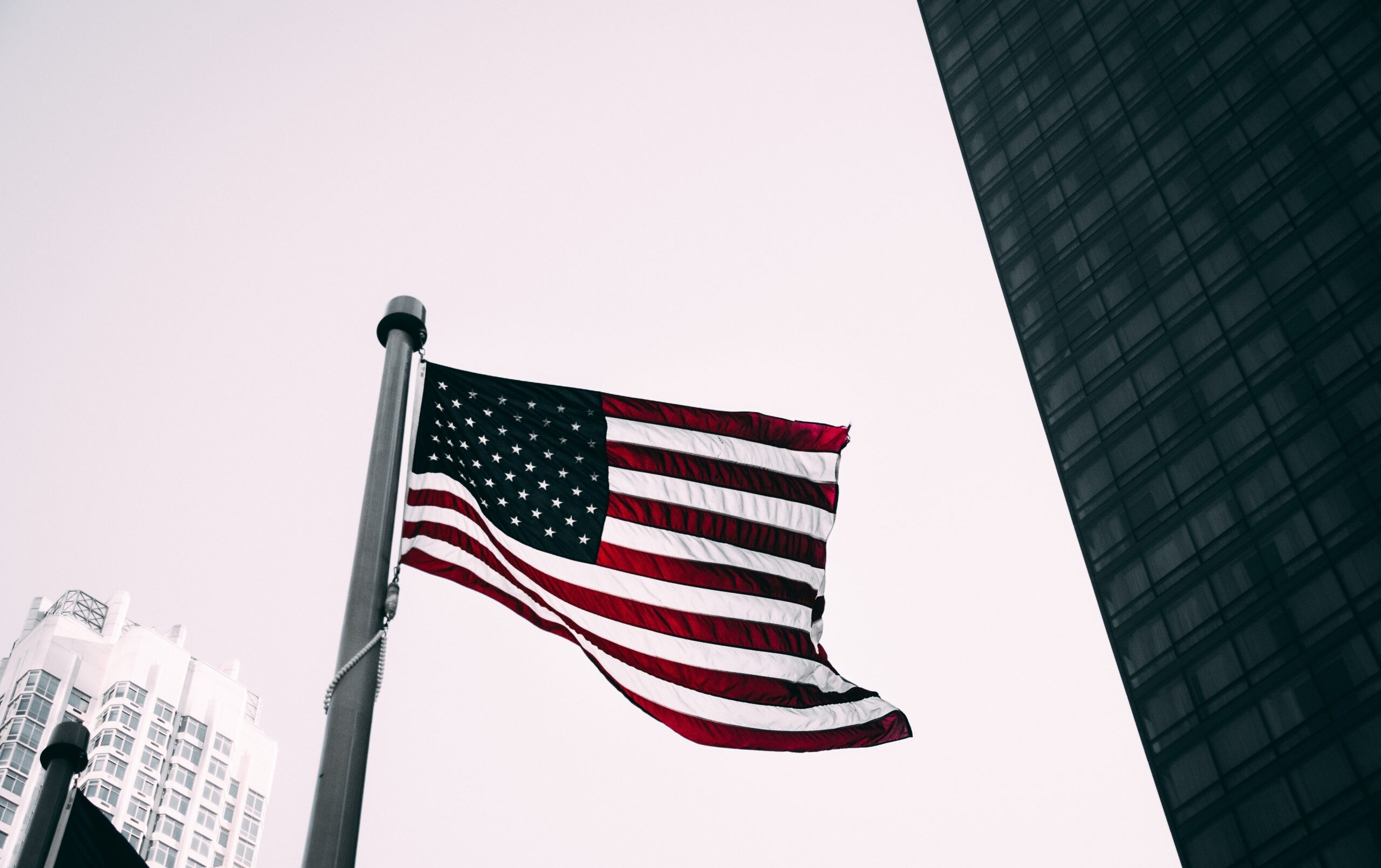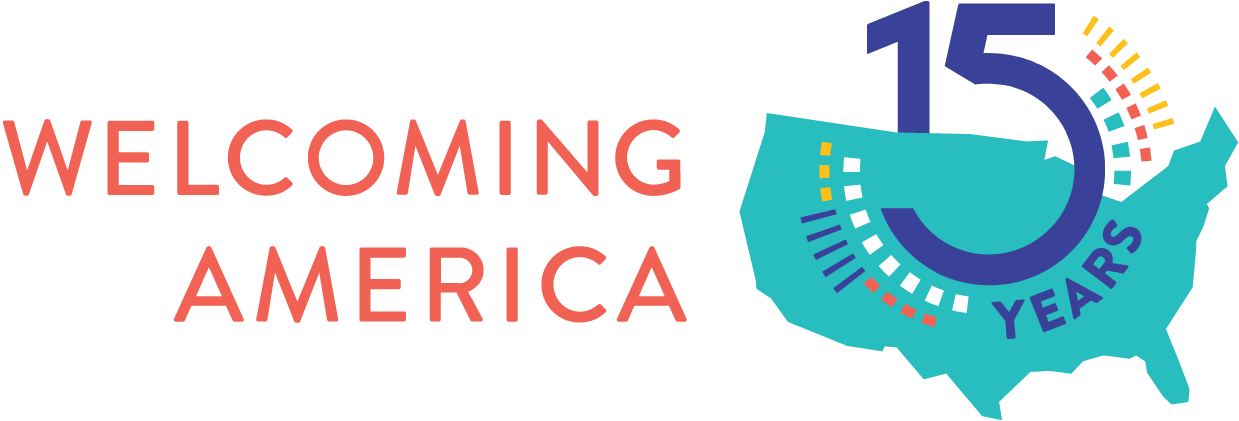
Together, we can counter a pattern of exclusion
At Welcoming America, our core belief is that the strongest communities are ones where all people—no matter where they’re from—take part in economic, civic, and social life. Communities that are truly welcoming foster a culture and policy environment that make it possible for everyone, including immigrants and refugees, to feel valued and participate fully without fear.
For the past three years, the Administration has increased its assault on immigration across the entire system, from delayed applications for asylum, to the undocumented, to those holding temporary visa, including international students and highly-skilled workers. With each new policy chipping away at the individual segments of Americans who immigrated here or aspire to, there is a larger question: who can call themselves an American? We believe emphatically that the answer is “one that is not defined by race, creed, or origin”.
The debate happening right now is not only about individual classes of immigration, but whether we choose to remain a nation that actively seeks to engage with the world. It is a debate on whether those who call themselves American by choice can unite with those who are Americans by birth, to envision an America that works better for all of us.
For more than a decade, Welcoming America and its network of 200+ nonprofits and local governments have worked to make communities more welcoming and inclusive. We know this relies on leadership, trust, access, and an understanding that we can only accomplish true welcoming when it is done together. These policies, individually and collectively, run counter to these values and to the will of communities across the U.S. who show how inclusion is beneficial and possible when these values are put into practice.
When exclusion becomes the strategy, we must counter with solidarity. If you care about our future as a welcoming nation, speak out against these policies individually, but also against their collective negative impact on our moral standing as a nation. We urge leaders and upstanders to embody these values and join the chorus of voices that believe we are better together.
Read these quotes from our members on how these policies harm our communities and what they’re doing to counter them. Use the talking points below to reinforce your own messaging and take a stand against these counterproductive efforts to tear us apart.
From the Welcoming Network
“Our business community needs H1-B, L, and other professional visas for technical and managerial leadership positions. For our St. Louis-based international companies, these non-immigrant visas are important for their global business goals and for the continued growth of the businesses in our community. We recently heard from a Japanese company that it was being limited in its growth here by having trouble bringing a key leader to St. Louis. Otherwise, we can expect these companies to seek growth in other countries which is why the U.S. Chamber of Commerce is pushing to get these visas maintained. The St. Louis Mosaic Project has three programs that help these families get connected and be welcomed in St. Louis: our International Spouse Program supporting programming for over 500 international women, our International Women’s Mentoring Program with over 150 local women matched with 150 international women, and an International Men’s Program for the men who arrive here through our international companies.” – Elizabeth Cohen, Executive Director, St. Louis Mosaic Project
“Penn State is home to thousands of international students from around the world who together contribute to our classrooms and campus. I have witnessed first hand the talent and diversity of thought international students bring. Recent policies by ICE to prevent international students from studying in the United States ignores these contributions and sends a message that they are not welcome.” – Shoba Sivaprasad Wadhia, Founder and Director, Center for Immigrants’ Rights Clinic, Penn State Law
Talking Points
Welcoming communities are defined by how all residents—no matter where we’re from—take part in economic, civic, and social life. The culture and policies in welcoming communities make it possible for everyone to feel valued and participate fully without fear.
Welcoming isn’t achieved solely by removing hostile policies—a cycle and culture of exclusion are what perpetuate fear and mistrust. Rather than reacting to each policy announcement, we must call out the larger pattern and strategy that enables exclusion to occur.
At the same time, we need not wait for systemic change before acting individually. If we know how inclusion benefits our communities, we must live them out through our work, relationships, and partnerships to show what it can achieve through policy and practice.
Leadership, trust, and access are the pillars of welcoming places. Whether federal policies uphold or chip away at these pillars, local communities remain the bedrock of welcoming and inclusive values.
The federal government should look to the principles of leadership, trust, and equitable access that are embodied by welcoming communities and following their lead to create a more inclusive nation and competitive economy.
When exclusion becomes the strategy, we must counter with solidarity. We stand with asylum seekers, undocumented youth, international students, professional workers, and their families. We stand for the belief that America can, at its core, be a welcoming place for all, no matter where we’re from.

